Thermal spray coating is a versatile surface engineering process that enhances the durability, corrosion resistance, wear resistance, and heat tolerance of components across various industries. By applying a layer of protective material onto a substrate, thermal spray coatings extend the service life of parts and improve performance in demanding environments. The technology has become indispensable in modern manufacturing, energy production, aerospace, and more.
Content
1. Aerospace Industry
The aerospace sector relies heavily on thermal spray coatings to ensure safety and performance in extreme conditions.
-
Applications:
- Turbine blades, engine components, and exhaust systems.
- Protection of landing gear and structural elements from wear and corrosion.
-
Purpose:
- Enhance heat resistance to withstand high operating temperatures.
- Reduce friction and wear on moving parts, improving fuel efficiency and component longevity.
2. Automotive Industry
Thermal spray coatings are widely used in the automotive industry to improve efficiency, reduce maintenance, and enhance component performance.
-
Applications:
- Engine components such as pistons, cylinder heads, and crankshafts.
- Brake systems and suspension parts.
-
Purpose:
- Increase wear resistance and reduce friction in high-stress areas.
- Protect against corrosion and extend the life of automotive components.

3. Energy and Power Generation
Power generation equipment operates under extreme thermal and mechanical stress, making thermal spray coatings essential.
-
Applications:
- Steam turbines, gas turbines, and generator components.
- Boilers, pipelines, and heat exchangers.
-
Purpose:
- Provide thermal barriers to protect components from high-temperature oxidation.
- Enhance corrosion resistance in fossil fuel, nuclear, and renewable energy applications.
4. Oil & Gas Industry
In the oil and gas sector, equipment must withstand harsh environments, including high pressure, abrasion, and chemical exposure.
-
Applications:
- Drill bits, valves, and pump components.
- Offshore platforms and subsea equipment.
-
Purpose:
- Protect against corrosion from saltwater and chemicals.
- Improve wear resistance in abrasive and high-pressure conditions.
5. Manufacturing and Heavy Machinery
Thermal spray coatings are used extensively in industrial machinery to enhance operational efficiency and reduce downtime.
-
Applications:
- Conveyor rolls, molds, dies, and cutting tools.
- Bearings, shafts, and other moving components.
-
Purpose:
- Reduce friction and wear for longer service life.
- Protect surfaces against corrosion and mechanical damage.
6. Medical and Biomedical Industry
Thermal spray coatings also play a role in the production of medical devices and implants.
-
Applications:
- Orthopedic implants, dental implants, and surgical instruments.
-
Purpose:
- Provide biocompatible surfaces that promote tissue integration.
- Enhance corrosion resistance in the body’s environment.
Advantages Across Industries
- Versatility: Can apply coatings to metals, ceramics, polymers, and composites.
- Customization: Coating properties can be tailored for wear resistance, heat protection, or corrosion inhibition.
- Extended Lifespan: Reduces maintenance costs and improves reliability of critical components.
Conclusion
Thermal spray coatings serve a wide range of industries, including aerospace, automotive, energy, oil & gas, heavy machinery, and medical applications. Their primary purposes are to improve wear resistance, corrosion protection, and thermal performance, ensuring that components operate reliably in extreme environments. By enhancing the durability and functionality of parts, thermal spray technology has become a critical tool for modern industrial applications.

 ENG
ENG
 English
English عربى
عربى Español
Español 中文简体
中文简体




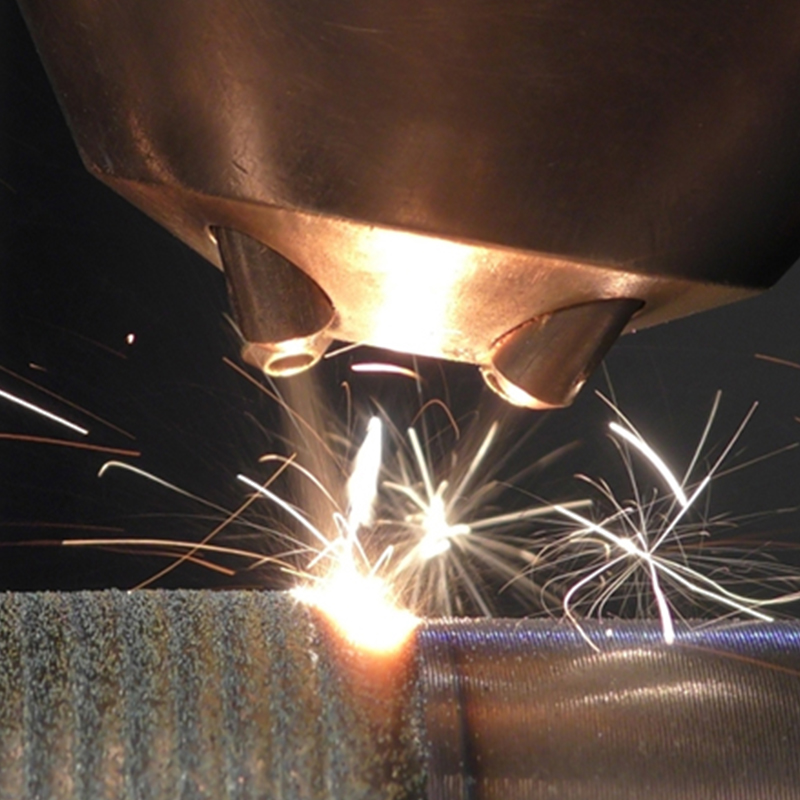

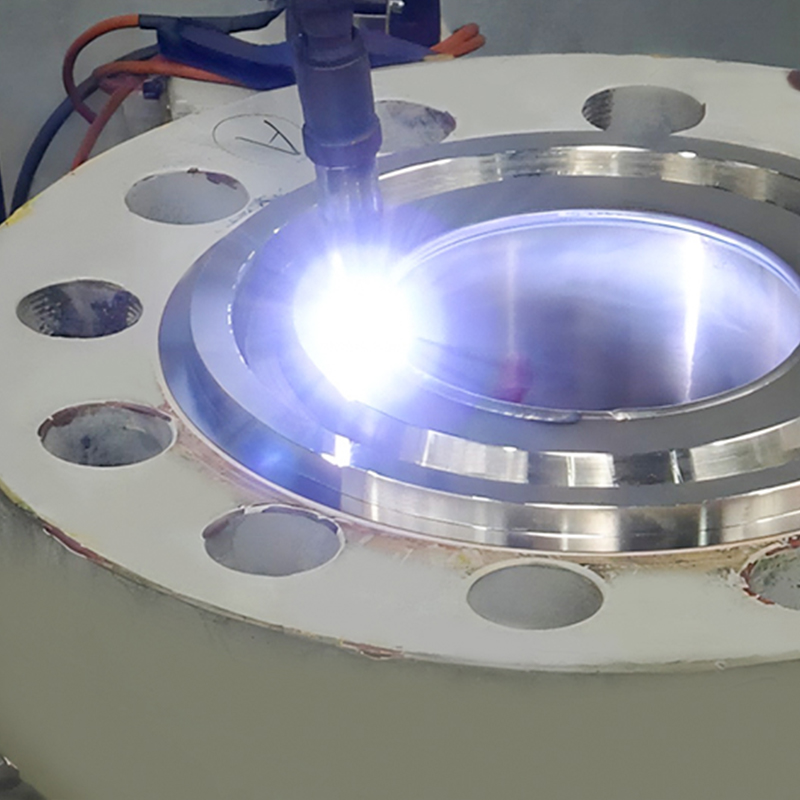
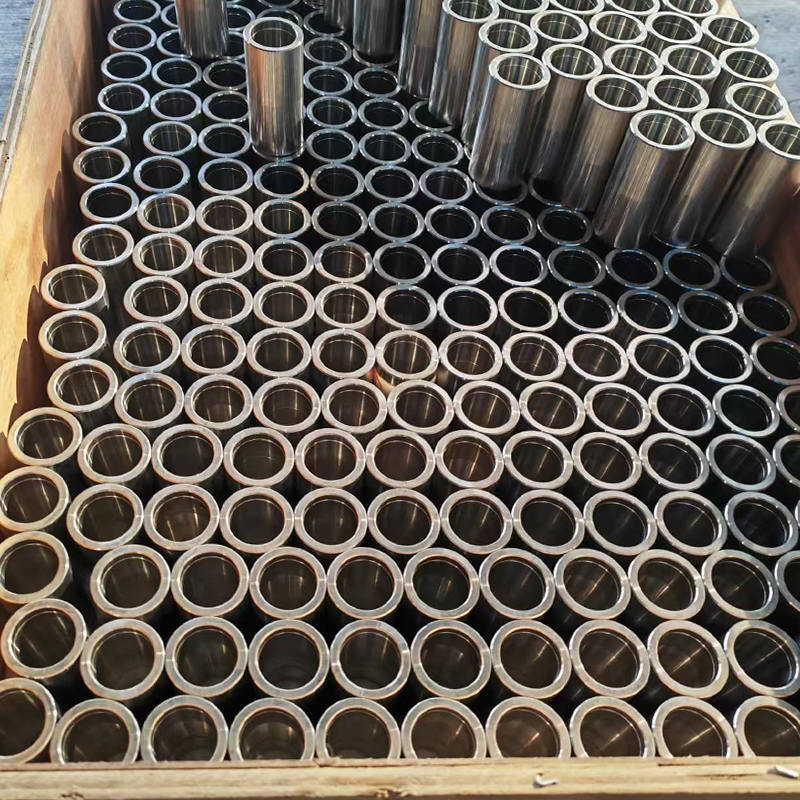
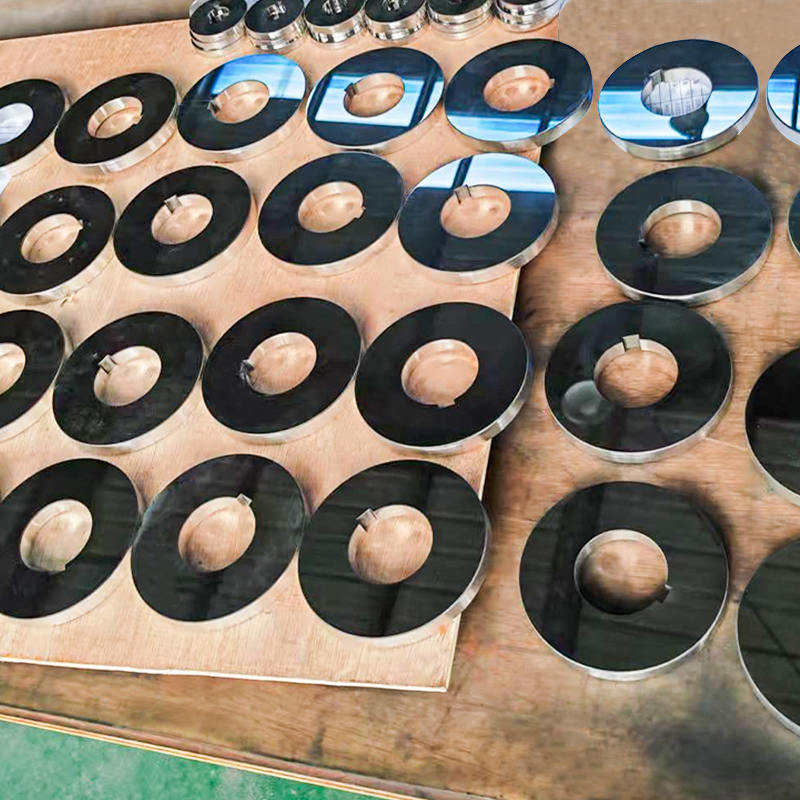

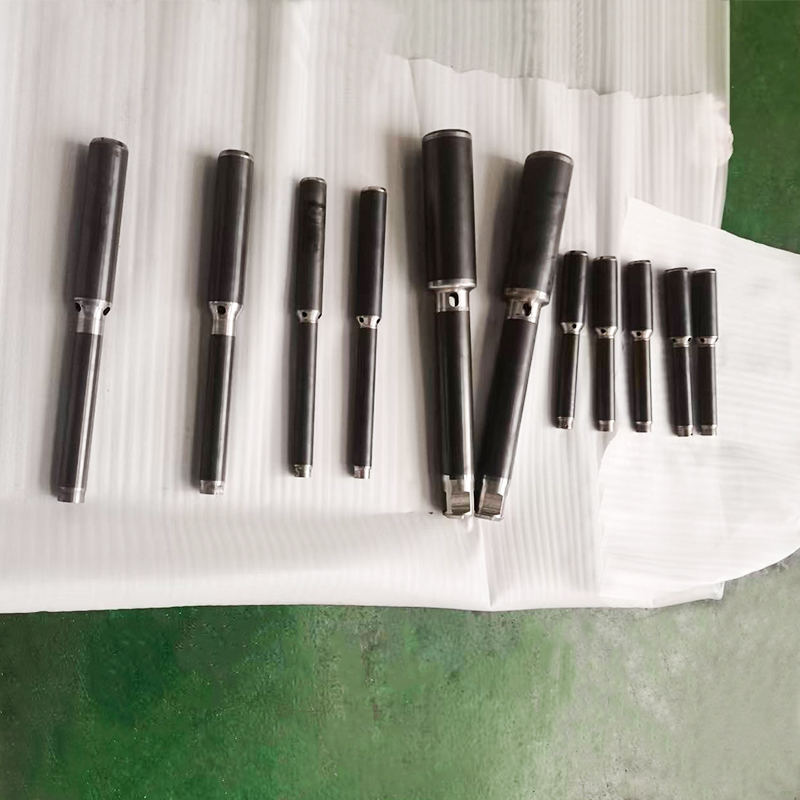
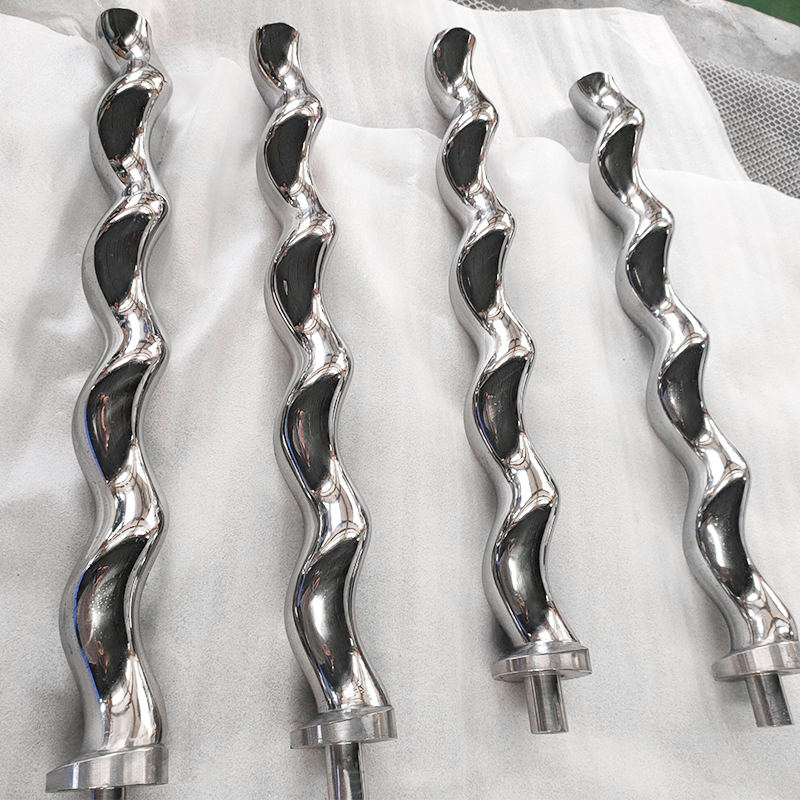

 TOP
TOP